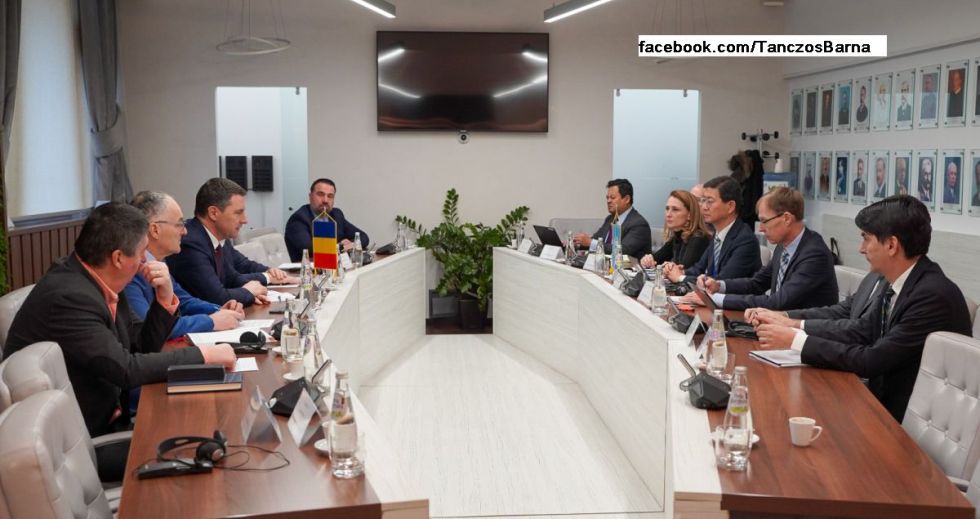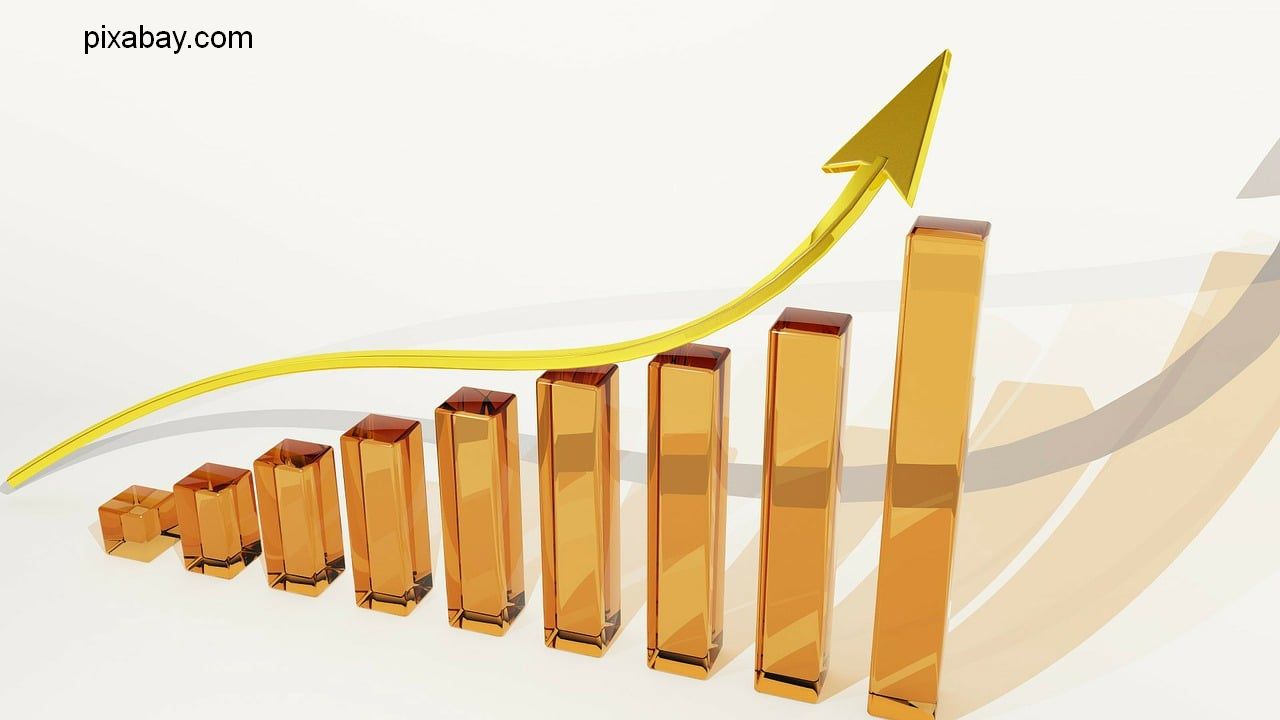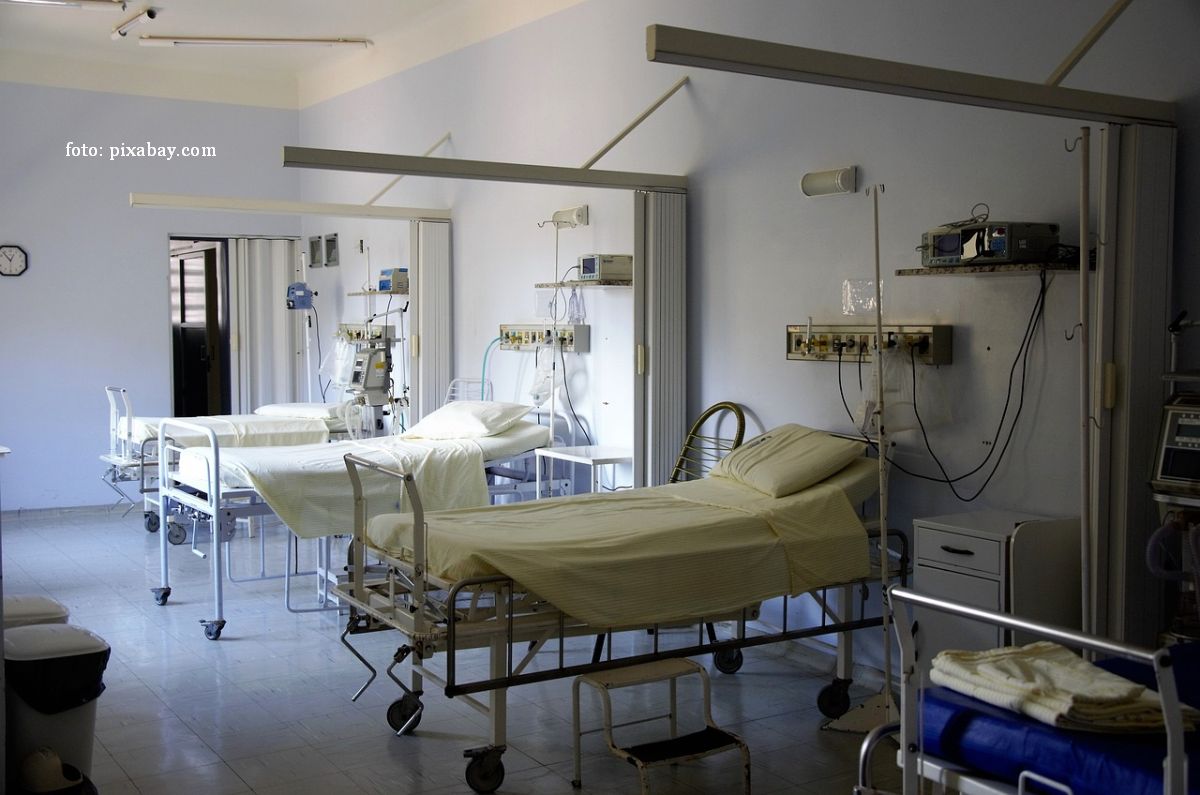The Conclusions of the IMF and World Bank missions
The representatives of the International Monetary Fund and the World Bank were in Bucharest to reassess Romania’s macroeconomic prospects.

Leyla Cheamil, 10.02.2025, 14:00
The delegations of the International Monetary Fund and the World Bank have concluded their talks in Bucharest with the representatives of the main bodies in charge of Romania’s monetary and fiscal policies. The IMF team met the representatives of the government and the National Bank to assess the latest financial and economic developments and update their macroeconomic forecasts. At the moment, Romania has no ongoing funding agreement with the IMF, but the Fund conducts annual assessments of the performance of the Romanian economy based on consultations on Article IV.
Prime minister Marcel Ciolacu conveyed to the IMF experts his government’s commitment to stay within the budget deficit target of 7% of GDP and to implement the reforms undertaken under the National Recovery and Resilience Plan. The prime minister highlighted the measures aimed at the reduction of personnel spending, restructuring of the public sector and the administrative and territorial reorganisation, which are a priority in the coming period.
During the talks with the IMF mission, finance minister Tánczos Barna reiterated the government’s commitment to reduce the budget deficit and create a leaner state in the next seven years, while boosting allocations for investments that support the economy. He said a series of measures need to be taken to gradually restore the budget deficit balance and prevent an economic crisis similar to that of 2009.
The International Monetary Fund published the latest forecasts with regard to the performance of the Romanian economy in the autumn of 2024, estimating a 7% deficit for the end of 2025, the same level as that forecast by the Romanian government. The Fund’s expectations are, however, slightly more optimistic with respect to economic growth, putting it at 3.3%, compared with the government’s forecast of 2.5%, as well as with respect to inflation, which it expects to hit 3.6%, below the government’s estimate of 4.4%.
The representatives of the World Bank welcomed the government’s reform plan and the attention given to investments, saying Romania is a strong and resilient partner. For a better management of joint projects, the two parties agreed on a working mechanism with frequent meetings over the coming period. The group’s executive director, Eugene Rhuggenaath, said the World Bank would expand its investments in Romania to energy, the green transition, infrastructure and other areas with a growth potential. The Bank’s officials also hailed Romania’s support for the Republic of Moldova and Ukraine, as well as its contribution to ensuring stability in the region.
Prime minister Marcel Ciolacu said the authorities will continue to support the development of infrastructure and the agricultural, industrial and building sectors. Also, they will go ahead with the projects to improve medical care and energy services.






























